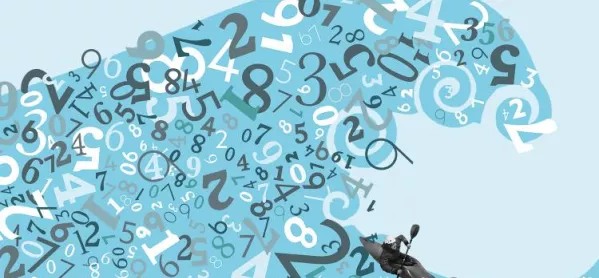More than half of UK teachers think demands for data have caused them “unnecessary workload”, according to a UN agency.
Unesco called for governments around the world to equip teachers with the skills needed to interpret data, and to make sure schools are not asked to gather “excessive amounts” of information.
The agency exclusively shared details of its annual Global Education Monitoring report with Tes ahead of the report’s publication later this month.
According to the report, which this year looks at accountability, 56 per cent of teachers in the UK believe that data collection and management has caused “unnecessary workload” for them. In addition, 92 per cent of headteachers or deputy headteachers view workload as a “very” or “fairly” serious problem. The report will say that in high-income countries around the world, a combination of greater school autonomy and an increased focus on accountability has resulted in pressure “piling on” teachers.
As well as contributing to workload, Unesco said teachers often lack the skills needed to deal with the data generated by increasing requirements to account and report.
Assessment ‘concerningly low’
A study of teacher pedagogical knowledge in five OECD countries found that “assessment” - which included data use and research - received little attention in pre-service training, with the number of teachers who said they were confident in using data “concerningly low”.
The survey of teachers and school leaders in Germany, Lithuania, the Netherlands, Poland and the UK found that most respondents used data at a “superficial level to monitor rather than to improve instruction”.
Unesco said high demands and limited training had resulted in “teacher frustration” and a “feeling of being overwhelmed”, with research studies in Australia, Canada, New Zealand, the US and the UK all finding that the pressures of accountability systems reduced the pool of candidates for teaching positions.
The agency urged governments to “gather data thoughtfully” and make sure teachers are not asked to collect “excessive amounts of data” that contribute to workload problems.
“It’s vital that governments, school leaders and teachers consider the purpose for which the data is being collected, the minimum amount of data required to achieve their aims, and re-use previously-gathered data if appropriate,” Unesco said. “This also requires considering what reporting requirements are excessive and aren’t providing sufficient value in the education monitoring process.”
Unesco also recommended that teachers should be “supported and prepared to be able to manage data demands and data interpretation”.
It said teachers’ data literacy could be “significantly improved” if it were “better embedded” in initial teacher training and continuous professional development.
Want to keep up with the latest education news and opinion? Follow Tes on Twitter and Instagram, and like Tes on Facebook.




